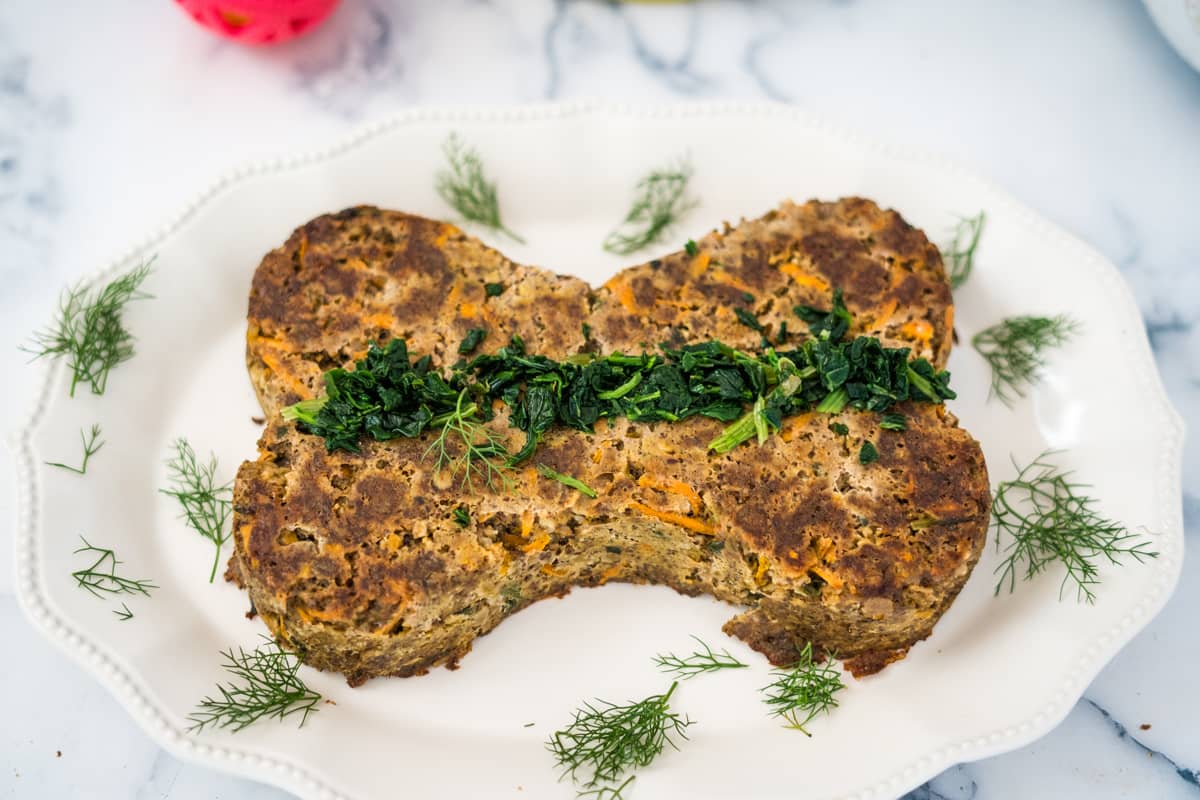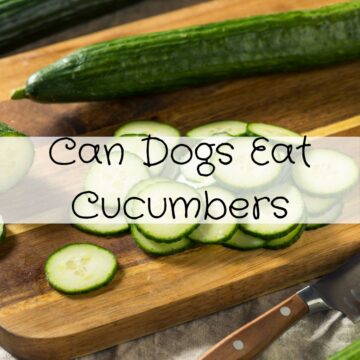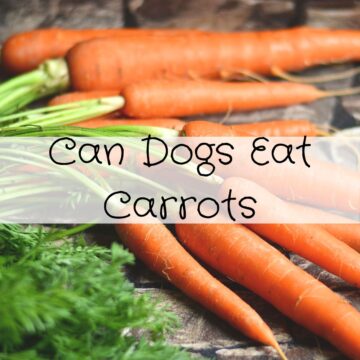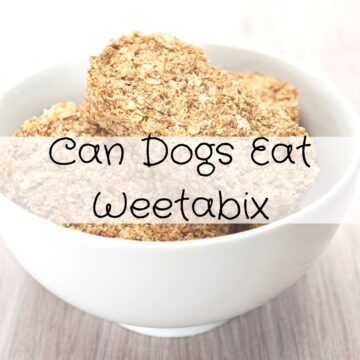Yes, dogs can eat lamb. Lamb is a commonly used protein source in many commercial dog foods and can also be incorporated into homemade dog meals. Lamb provides various nutritional benefits and is generally safe for dogs to consume.
Jump to:
Is Lamb Good for Dogs?
Lamb is an excellent source of high-quality protein, essential for dogs' growth, muscle development, and overall health. Protein provides the necessary amino acids that support various physiological functions in dogs.
Essential Vitamins and Minerals: Lamb contains essential vitamins, including vitamin B12, which promotes a healthy nervous system and aids in the production of red blood cells. It also provides important minerals like iron, zinc, and selenium, which contribute to immune function, enzyme activity, and overall cell health.
Lamb meat is a natural source of omega-3 fatty acids, such as alpha-linolenic acid (ALA). These fatty acids play a crucial role in maintaining healthy skin and coat, reducing inflammation, and supporting brain function in dogs.

Can Dogs Eat Lamb Bones?
Dogs can eat raw lamb bones not cooked bones. Eating raw bones can provide mental stimulation, help clean teeth, and offer a source of natural nutrients. Raw bones can be a source of entertainment and can satisfy a dog's natural instinct to chew.
Always supervise your dog while they are chewing on a bone to prevent the risk of choking or other accidents.
Select bones that are appropriate for your dog's size, avoiding small or thin bones that are more likely to splinter and cause internal damage. Larger, weight-bearing bones tend to be harder and should be avoided.
Ensure the bones are fresh and sourced from a trusted, reputable supplier to minimize the risk of bacterial contamination and salmonella.
Remember to go slowly when introducing new foods. And we recommend checking with your veterinarian first if your dog has any digestive issues or other health concerns.
Can Dogs Eat Lamb Chops?
Lamb chops can be a tasty and nutritious treat for dogs when given in moderation and prepared appropriately. Cooked lamb chops should be boneless, seasoned without any harmful ingredients, and fed as an occasional treat. Raw lamb chops require careful handling and planning to maintain nutritional balance and minimize the risk of bacterial contamination
Can dogs eat lamb hearts?
Yes, dogs can eat lamb heart, and it can be a beneficial addition to their diet. Lamb heart is a nutrient-dense organ meat that provides various essential nutrients for dogs.
It offers high-quality protein, essential vitamins and minerals, coenzyme Q10, and taurine. When feeding lamb heart, ensure proper preparation, portion control, and a well-rounded diet that includes other necessary nutrients.
How to give your dogs lamb
- Allergies and Sensitivities: Although lamb is generally well-tolerated by dogs, individual dogs may still have specific allergies or sensitivities to lamb meat. If you notice any signs of digestive upset, itching, or other allergic reactions after feeding lamb to your dog, discontinue its consumption and consult with your veterinarian.
- Preparation: It is crucial to properly cook lamb before offering it to your dog. Raw or undercooked lamb can contain bacteria or parasites that may be harmful to dogs. Thoroughly cooking the meat eliminates these risks and ensures it is safe for your dog to consume.
- Balanced Diet: Lamb should be part of a balanced diet that includes other essential nutrients. It's important to provide a variety of proteins, carbohydrates, fats, and vegetables to ensure your dog receives a well-rounded and complete nutritional profile.

Homemade Dog Food Recipes with Lamb
If you dog enjoys lamb, they might enjoy these recipes:
Conclusion
In conclusion, dogs can eat lamb as part of a balanced and well-prepared diet. Lamb offers several nutritional benefits, including high-quality protein, essential vitamins and minerals, and omega-3 fatty acids. However, individual sensitivities and allergies must be considered, and it's important to ensure proper sourcing and preparation of lamb to avoid potential health risks






Leave a Reply